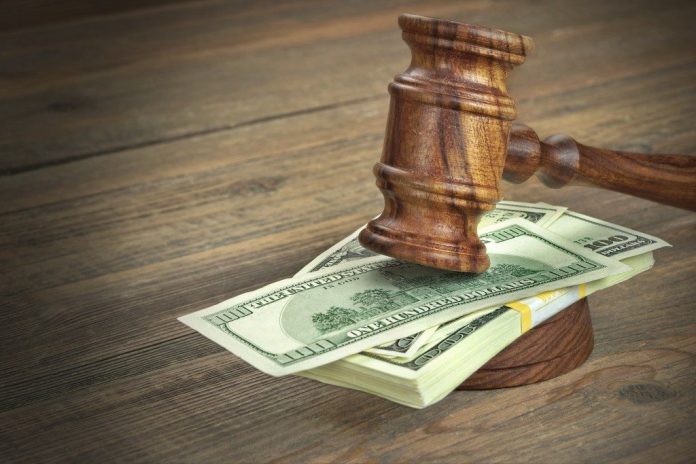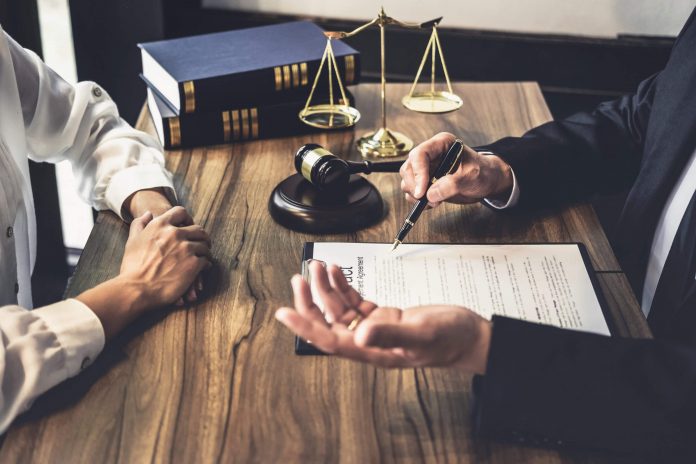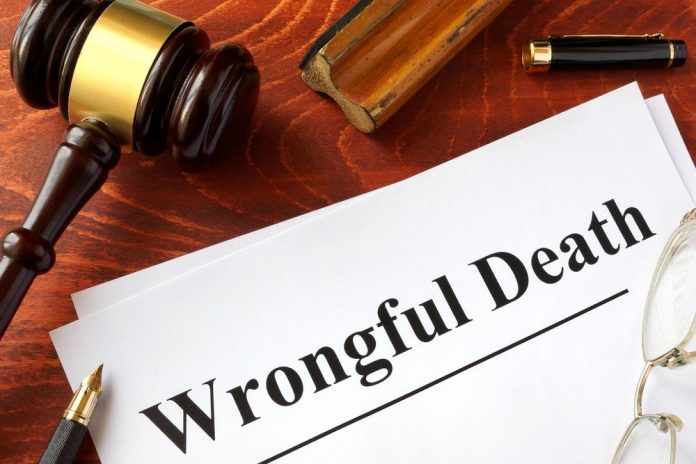Wrongful death lawsuits are very difficult things to have to go through. If you are in a situation where you need to go after an individual or a company in court because they caused a loved one’s death, it’s not going to be a pleasant experience. Even if you can collect money for their wrongdoing, that will not bring your loved one back.
However, it might be vital that you hold the party responsible who caused your loved one’s demise. You want the world to know that they did, in fact, kill your loved one through their unintentional negligence, or sometimes, through intentional action or inaction.
The money you collect might go to different things, such as funeral expenses. It may compensate you for your loved one’s loss since they will no longer be there to be a companion to you as the years pass.
Let’s go through the process of how these wrongful death lawsuits usually unfold, so you will know what to expect.
You Must First Contact a Lawyer

The Shiner Law Group mentions on their website that “not everyone becomes aware of how fragile life is” until they lose someone close to them unexpectedly. They’re right about that.
It’s one thing to lose a loved one or friend who is an older adult and has had a full life. It’s quite another if a surgery gone wrong kills someone you love or if a drunk driver collides with their vehicle unexpectedly.
If you feel confident that someone else caused your loved one’s death, whether you’re blaming a business entity or individual, you must first reach out to an experienced attorney. You want a lawyer specializing in cases like this or who has at least handled some of them in the past.
That lawyer or firm can review the relevant details and determine whether you have a good case or not. If they say it will be almost impossible to prove that this person or entity caused your loved one’s death, you might have to let things drop right there, even if it hurts you. If your lawyer says you have a good chance at winning, you can retain them and go from there.
How Will You Pay Your Lawyer?

You might wonder how you’ll pay your lawyer, and that’s a good question. You may not have very much money to do so when this process starts.
You can probably see if they’ll take you on as a contingency-based client. That means you must only pay them if they do manage to win your case for you.
The lawyer might take as much as 40% of your winnings, so be ready for that. That may seem like a lot, but keep in mind that the lawyer is probably paying an investigator to look into your claim. They might also have to pay expert witnesses to appear on your behalf to convince the jury.
You Will Notify the Individual or Company You Plan on Suing Them
Next up, your lawyer will reach out to the individual or company who you believe caused your loved one’s death. The attorney will let them know that you plan to bring an action in court against them, so they can begin to prepare their defense.
At this stage, it could also turn out that when the individual or business entity who you are suing hires their own legal counsel, that lawyer or firm will tell them that they should try to settle with you. They’ll only do this if they feel like you have a preponderance of evidence to use against them, and they probably don’t have any chance of beating the charges.
If your lawyer tells you the responsible party wants to settle, it’s up to you to decide if you want to take the money or reject that first offer. It could be that the responsible party will try to lowball you with far less money than you might get from them if a jury decides in your favor.
You will have to ask your lawyer if the amount they are offering you makes sense for you to take. If they say the responsible party is trying to lowball you, you will likely reject the offer and proceed to trial sometime soon after that.

The Trial
The trial might take days, weeks, or even months. Your lawyer will have to present any physical evidence supporting the notion that this individual or entity caused your loved one’s death. That physical evidence can come in many forms.
For instance, if the responsible party is a drunk driver who ran a red light and hit your loved one’s vehicle, killing them, your lawyer might show the jury traffic camera footage backing up that claim. They might call expert witnesses to the stand who examined the crash site and can attest that the responsible driver never even tried to apply the brakes.
At some point, before the jury reaches its decision, the responsible party might try to settle with you again. Maybe they see that the trial is not going their way, so this time, they might offer you more than they did the first time.
On the other hand, maybe their lawyer advises them that they should leave the final decision in the jury’s hands. If their counsel is telling them this, it probably means they feel like your legal team has produced insufficient evidence. Jury decisions can be unpredictable, though, so this is a potentially risky strategy on their part.
The jury will render their verdict, and you might win or lose. If you win, you’ll have to pay your legal counsel at that time. If you lose, it likely means the jury did not find the evidence your lawyer presented to be sufficient.
Then, you must try to go about the healing process as best you can. It won’t be easy, but if you’re strong, you can hopefully survive this rough patch and resume your life.









